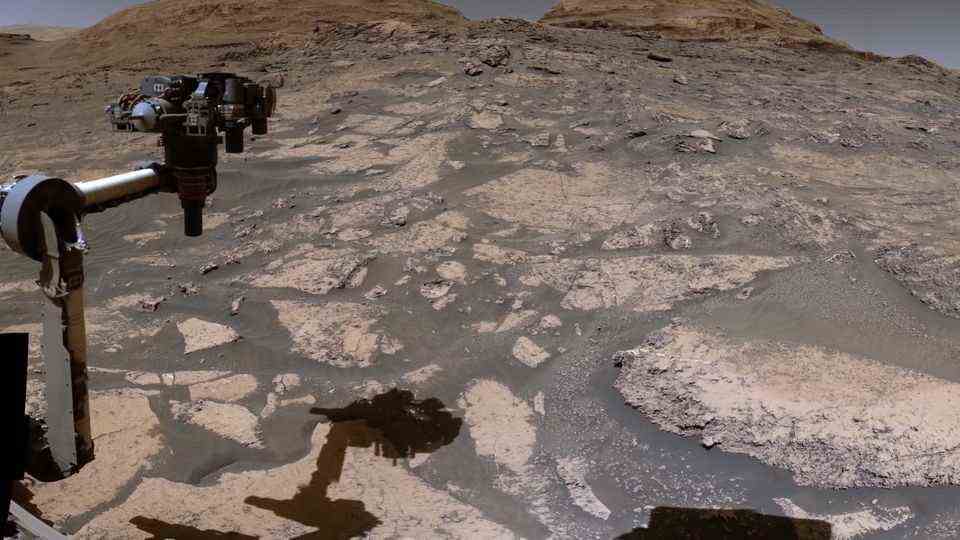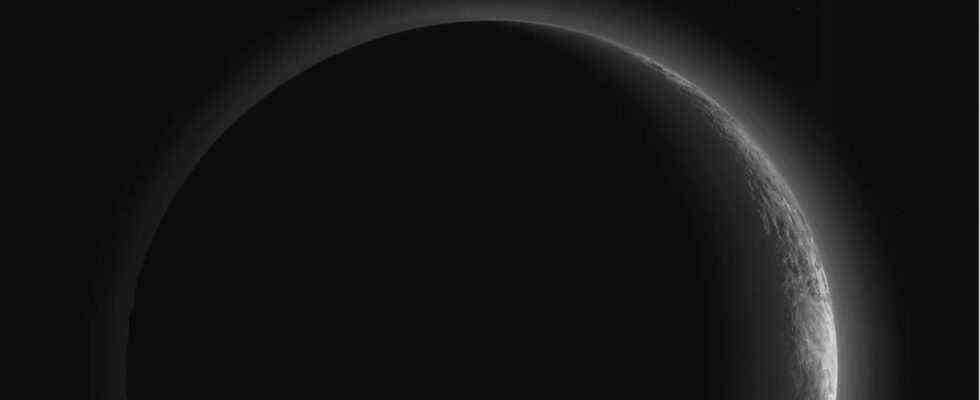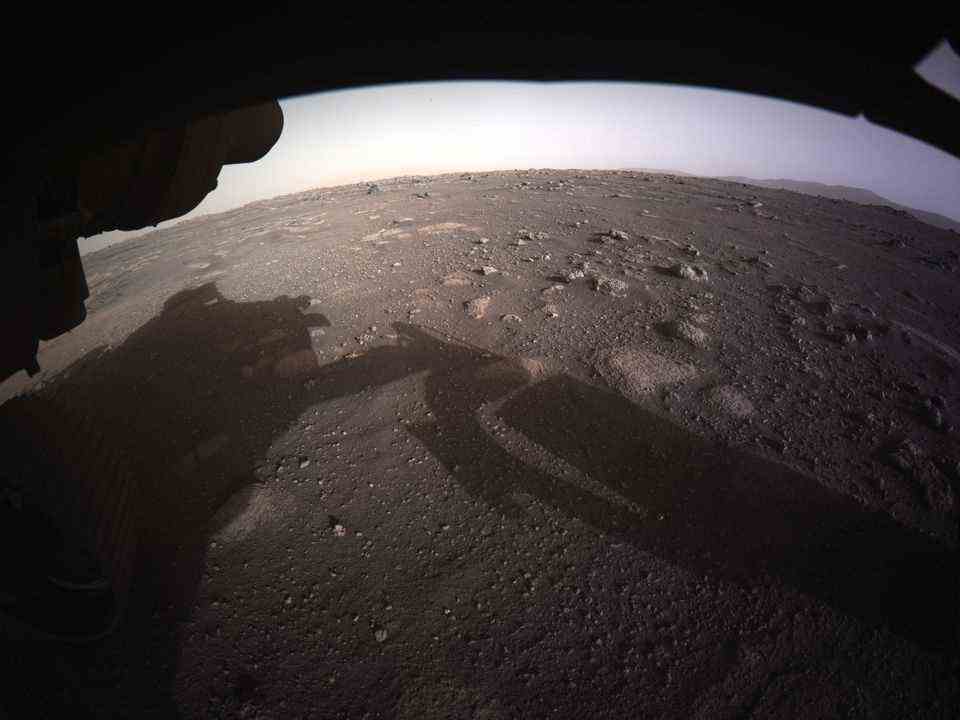Criticism of demotion
Pluto could become a planet again: New study questions conceptual history
In 2006, Pluto lost its status as a planet
© NASA / JHUAPL / SwRI
In 2006, Pluto was demoted from being a dwarf planet. The discussion about the decision has not subsided to this day. A group of researchers now claims to have proven that this was a mistake.
About 15 years ago Pluto was degraded from a planet to a dwarf planet. The discussion about the decision from 2006 has not stopped to this day. A group of researchers has now presented a study in which they question the definition of the word “planet”. The work has been published in the specialist magazine “Icarus”.
In their article, the scientists criticize the definition given by the International Astronomical Union (IAU). They say that for years science has adopted the meaning of the term “planet” from folklore and astrology. The idea that planets are a small group of objects orbiting a common center is based on a popular judgment. The true history of the concept is forgotten.
Degradation according to the new definition
Pluto, formerly the ninth planet in the solar system, lost its status in August 2006 when the IAU adopted a new scientific definition of the term. Then lexicons and textbooks had to be rewritten – because our solar system suddenly only had eight planets. Planetary scientist Philip Metzger has been driving the discussion about the history of the term ever since.
Because according to the IAU definition that has been in effect since then, a planet is a celestial body that orbits the sun, is at the same time not a moon, has an approximately spherical shape and has cleared its surroundings of other celestial bodies. This definition is much too narrow and is primarily based on an unscientific classification, so the criticism. According to the researchers’ analysis, this popular view was motivated, among other things, to preserve elements of the previously popular geocentric worldview.
Researchers have pored over 400 years of literature
For the study, the researchers scrolled through literature from the past 400 years in five years. They found that Galileo’s geophysical definition of a planet is actually still correct, although this definition has long since ceased to be used.
According to the study, Galileo Galilei introduced the geophysical view of planets to the scientific literature in the 16th century. It was valid until the 20th century. From 1910 to 1950, researchers recorded a decline in scientific work in planetary research. At the same time, people were increasingly buying an almanac, an annual publication that contains information such as weather forecasts based on astrological factors such as the position of the planets. An orderly and limited number of planets was required for this.
Key period in history
“This was a key period in history when the public accepted that the earth orbited the sun and not the other way around. But it combined this great scientific finding with a definition of the planets that came from astrology,” Metzger told UCF Today “. At this point, astrological beliefs crept into people’s minds, such as the fact that moons or satellites are not planets, says Metzger.
“This may seem like a small change, but it undermined the central idea about planets that had been passed down from Galileo,” said the scientist. “Planets were no longer defined in terms of complex, active geology, and potential for life and civilization. Instead, they were defined in terms of simply existing and following certain idealized orbits around the sun,” he continues.
Opinions have been divided since the 1960s
According to the study, research began to focus more on planets again from the 1960s onwards. But the researchers were divided in their opinion: While one group used the geophysical definition proposed by Galileo, others tried to degrade moons and smaller objects rather than define them as planets. The IAU has adopted the latter view.

The experts are therefore calling for the 2006 decision to be reconsidered. With their published study, they want to achieve a return to a planet definition that has existed for centuries.
Too complicated for children
Critics now say that our solar system would expand significantly if other objects were now also referred to as planets. But that is not a problem and, on the contrary, it could rekindle the waning interest in discovering new celestial bodies in the solar system, says Metzger. The researcher is convinced that if children can remember hundreds of dinosaur or Pokémon names, they would be able to do so with many more planets.
Sources:“UCF News”, “Heise Online”, Study over “Science Direct”



